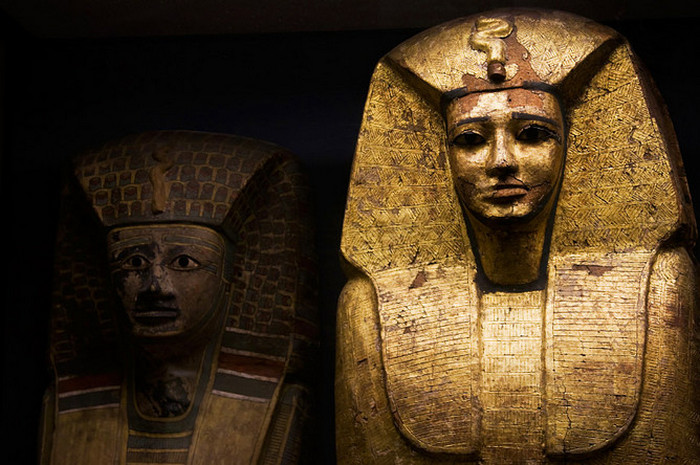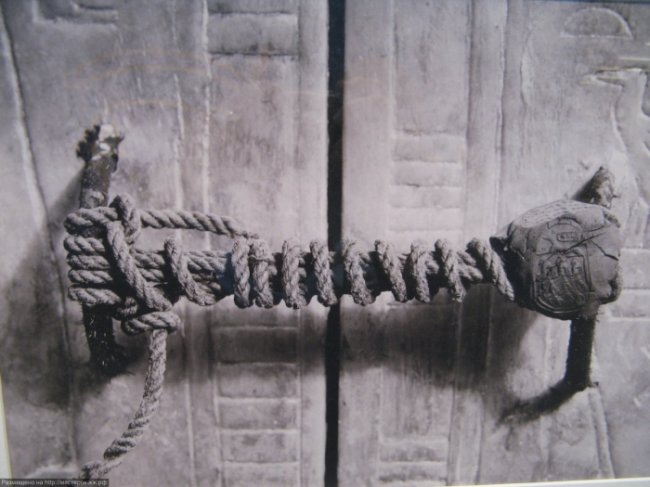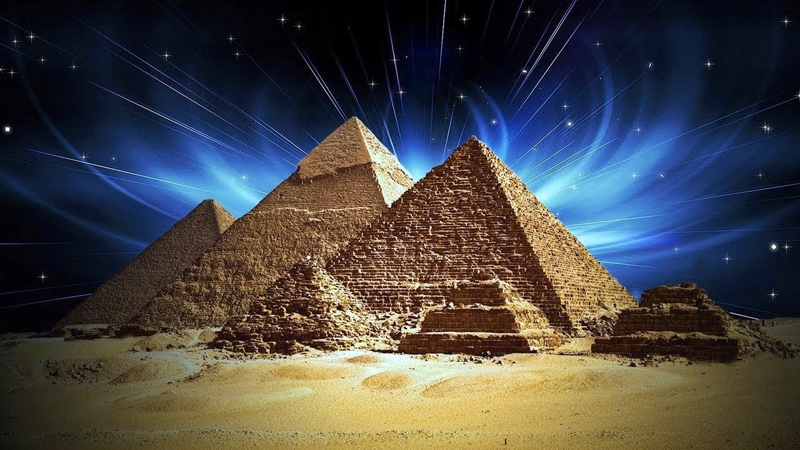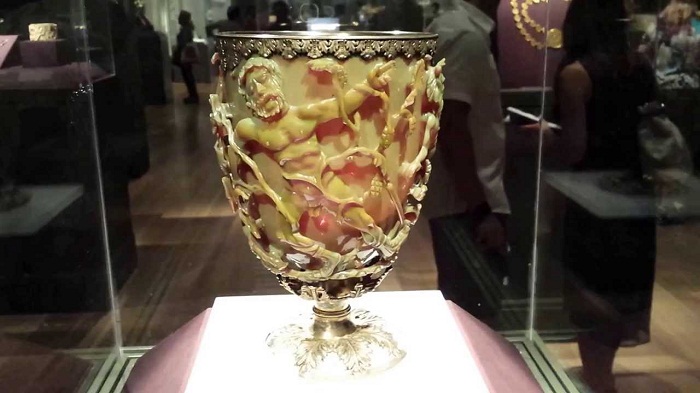Riddles of the Etruscans, who do not give rest to scientists
 The people who inhabited the lands of modern Italian Tuscany a little more than two millennia ago, who called themselves “raseny”, left traces of a surprisingly rapid flourishing, and also a lot of unexplained mysteries. The lack of written and material historical evidence, a considerable time period separating the present from the Etruscan epoch does not allow for a thorough study of the life of the representatives of this civilization, but it is known that the Etruscans also had a very noticeable influence on the ancient peoples and the modern world.
The people who inhabited the lands of modern Italian Tuscany a little more than two millennia ago, who called themselves “raseny”, left traces of a surprisingly rapid flourishing, and also a lot of unexplained mysteries. The lack of written and material historical evidence, a considerable time period separating the present from the Etruscan epoch does not allow for a thorough study of the life of the representatives of this civilization, but it is known that the Etruscans also had a very noticeable influence on the ancient peoples and the modern world.
The Etruscans appeared on the Apennine Peninsula in the 9th century BC. and already after three centuries it was a developed civilization, which could be proud of the high level of craftsmanship, successful farming, and the presence of metallurgical production.
Civilization Villanova, the first of the cultures of the Iron Age in Italy, a number of scientists considered the early stage of the existence of the Etruscans, while others deny the continuity between the two cultures, recognizing the version of the expulsion of representatives of Villanova Etruscans.
The origin of the Etruscans – one of the issues that have disputed historians since ancient times. So, Herodotus claimed that this people came to the Apennines from Asia Minor – this version is still the most popular.
Titus Livius assumed that the Etruscan homeland was the Alps, and the people came about through the migration of tribes from the north. According to the third version, the Etruscans did not come from anywhere, but always lived on this territory. The fourth version – about the relationship of the Etruscans with the Slavic tribes – is now considered pseudoscientific, despite its popularity.
Interestingly, the Etruscans themselves foresaw the decline and death of their civilization, which they wrote about in their books, later lost.
The reasons for the disappearance of the people are called as assimilation with the Romans, and the impact of external factors – in particular, malaria, which could be brought to Etruria by travelers from the East and spread thanks to mosquitoes in many of the marshy lands of Italy.
The Etruscans themselves are silent about their history – despite the rather successful decryption of the inscriptions on the tombstones, nevertheless continues to remain unsolved.
Be that as it may, about a thousand years of the existence of the Etruscan civilization left curious traces. Etruria was located in an extremely favorable region in terms of natural resources. Building stone, clay, tin, iron were found in abundance here, forests grew, deposits of coal were explored. The Etruscans, in addition to the high level of development of agriculture and crafts, succeeded in the pirate business – they were known as excellent shipbuilders and kept in awe the courts of other tribes. This people is credited with, among other things, the invention of an anchor with a lead crossbar-rod, as well as a sea copper ram.
However, the interaction of the Etruscans with the ancient peoples of the Mediterranean did not have the character of confrontation – on the contrary, the inhabitants of Etruria willingly adopted the values of Ancient Greece and the peculiarities of their life. It is known that the ancient Greek alphabet was borrowed first by the Etruscans, and from them by the Romans. Despite the fact that scientists cannot yet translate the Etruscan language, it is nevertheless recorded in Greek letters – as on plates from the city of Cortona, discovered in 1992.
It is believed that a number of words used by modern man are of Etruscan origin. This, in particular, “person”, “arena”, “antenna” (in the meaning of “mast”), “literacy” and even “service” (meant “slave, servant”).
The Etruscans were great music lovers – to the sounds of the flute, most often double, they prepared and fought and went on the hunt, and even punished the slaves, which the Greek scientist and philosopher Aristotle wrote with some indignation.
Togi, decorations, construction of cities and circuses
They probably dressed to the music – it is interesting that the famous Roman toga with a purple border originates from the Etruscans. This large piece of fabric, as a rule, made of wool, appeared due to the evolution of Etruscan chiefs decorated with an ornament of raincoats.
Women wore puffy skirts and laces on the lacing, and besides, they loved jewelery very much – just like men. Preserved bracelets, rings, necklaces of Etruscans, made of gold. Special skill Etruscan masters have made in the creation of brooches – fasteners of gold extremely fine work.



